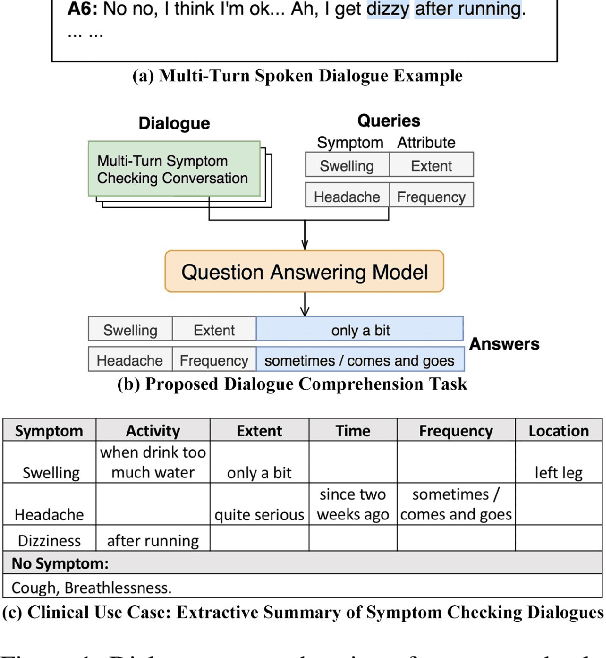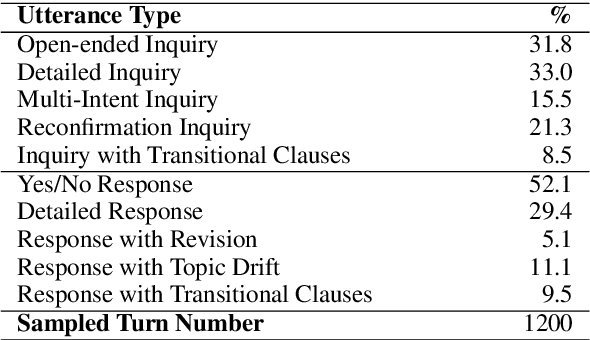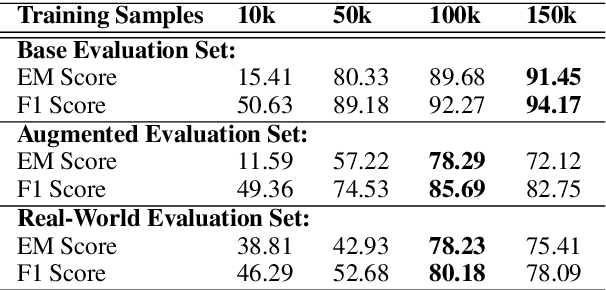Fast Prototyping a Dialogue Comprehension System for Nurse-Patient Conversations on Symptom Monitoring
Paper and Code
Apr 05, 2019



Data for human-human spoken dialogues for research and development are currently very limited in quantity, variety, and sources; such data are even scarcer in healthcare. In this work, we investigate fast prototyping of a dialogue comprehension system by leveraging on minimal nurse-to-patient conversations. We propose a framework inspired by nurse-initiated clinical symptom monitoring conversations to construct a simulated human-human dialogue dataset, embodying linguistic characteristics of spoken interactions like thinking aloud, self-contradiction, and topic drift. We then adopt an established bidirectional attention pointer network on this simulated dataset, achieving more than 80% F1 score on a held-out test set from real-world nurse-to-patient conversations. The ability to automatically comprehend conversations in the healthcare domain by exploiting only limited data has implications for improving clinical workflows through red flag symptom detection and triaging capabilities. We demonstrate the feasibility for efficient and effective extraction, retrieval and comprehension of symptom checking information discussed in multi-turn human-human spoken conversations.
 Add to Chrome
Add to Chrome Add to Firefox
Add to Firefox Add to Edge
Add to Edge